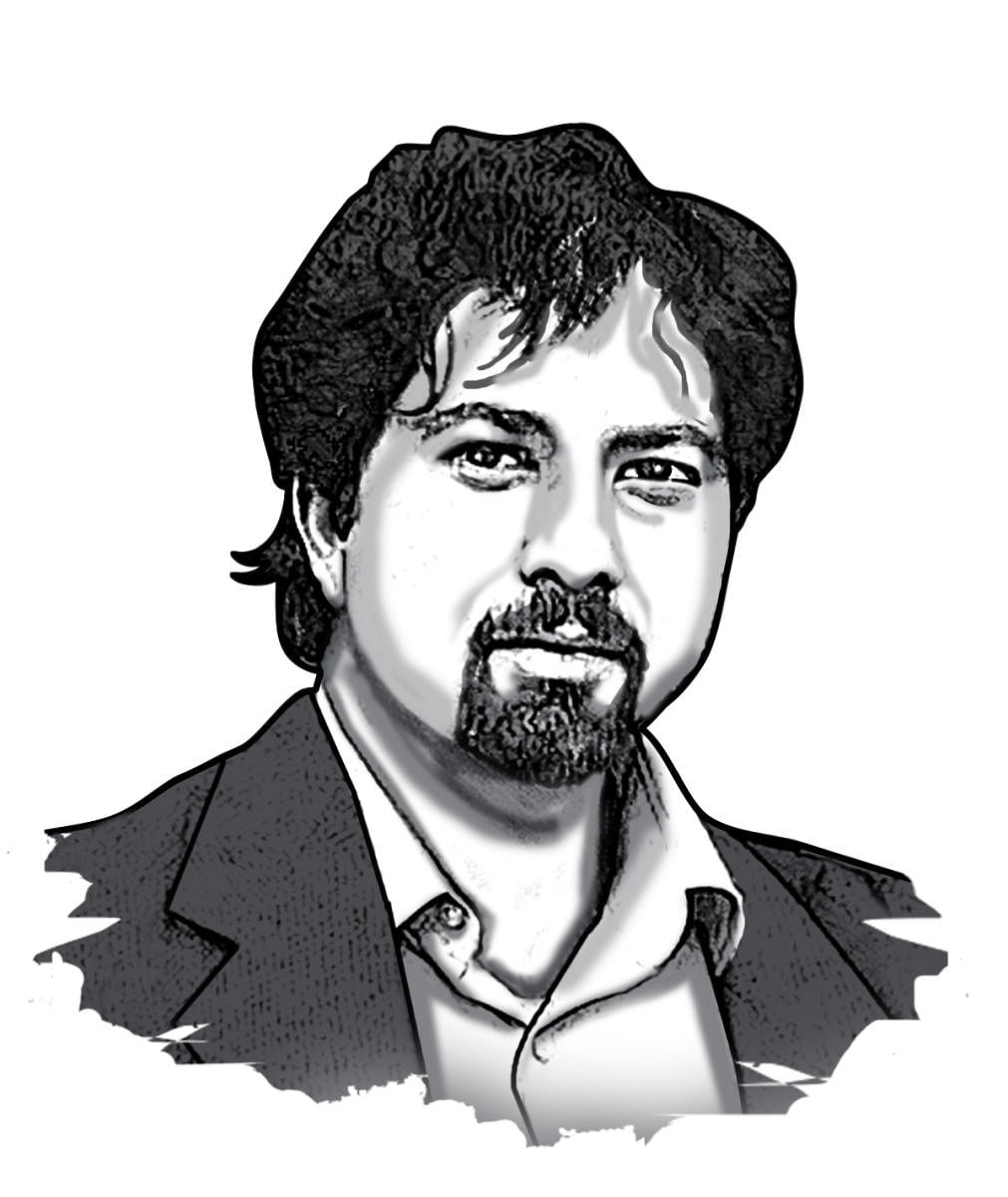“…the rioters were shouting slogans, breaking open the shops and ransacking them; the police watched as helpless spectators…The moment he arrived, Panditji started grappling with the rioters. He would slap one and shout at another. He snatched back stolen property and restored it to the shops. Seeing the Prime Minister on the spot, the police too went into action…Then, Panditji climbed onto the hood of a car parked nearby and started admonishing the rowdy elements: “The eyes of the whole world are on you,” he said, “You should know what you are doing...”
This is the recollection of Kartar Singh Duggal, the Punjabi writer and former director of All-India Radio, of a night he witnessed at Delhi’s Connaught Place in August 1947, at the height of the Partition riots.
The American journalist Norman Cousins recalls the episode even more vividly:
“Even before the police arrived in force, Jawaharlal Nehru was on the scene. He plunged into the crowd in the darkness, trying to bring people to their senses. He spied a Muslim who had just been seized by Hindus. He interposed himself between the man and his attackers. Suddenly, a cry went up, “Jawaharlal is here! Jawaharlal is here! Don’t hurt Jawaharlal.” The cry spread through the crowd. It had a magical effect…The mob psychology disintegrated…The riot was over.
You should read Duggal’s recounting of another incident that happened in Ferozepur, Punjab, in 1948. Remember Ferozepur from a recent security incident?
You can read this account in Purushottam Agrawal’s Who is Bharat Mata?
Cousins recalled another incident “not many weeks after the communal rioting subsided” when the car in which Nehru and a foreign guest were driving, about 15 miles south of Delhi. “Young Muslims from the village suddenly appeared with knives. They surrounded Nehru’s car. One of them…shouted angry words at him. Nehru stepped out of the car, walked up to the young man, spoke to him quietly…Then some of them began to weep in shame for their actions. Nehru spoke with them, answering their questions, telling them of his hopes.”
K F Rustamji, Nehru’s Chief Security Officer from 1952 to 1958, left a diary that chronicled his life as Nehru’s “shadow”. Rustamji recalls the many times Nehru came close to being killed, by an assassin or in an accident, and records Nehru’s courage in facing such situations. “Among the many facets in JN’s character…the one I admired most was his undoubted personal courage…He could stare death in the face without the slightest sign of nervousness…In his conversations with me, I have often heard JN saying, ‘Gandhiji taught us to be unafraid.’”
Rustamji recalled the “interesting” official file on threat perception to Nehru. It said the primary threat to his life came from the Hindu Mahasabha, which was running a hate campaign against him and “might have raised a Godse…”; the second threat to Nehru’s life came from Pakistan, where many believed that the recent assassination of Liaquat Ali was the handiwork of India; a third threat came from extremist Communist Party members. “Then there were the little sects and individuals -- the Maharashtra lot of Thatte and Parchure, the reactionary Sikhs, the Bengal refugees, the fanatical Muslims, the Cow-Protection Society, the sadhus and sants who were against the Hindu Code Bill…”
Once, an explosive device was found in Nehru’s aircraft; another time, one had been placed on the track over which his train was to pass. The threat to Nehru’s life increased with the passage of time, and yet, as Rustamji recalls, so did Nehru’s opposition to security restrictions. As Cousins recounted Nehru’s reply to his foreign guest in the 1947 incident near Delhi, “the risks might be real, but he could not let that get in the way of things that had to be done.”
Once upon a time, such was our leader, one whom Sardar Patel called “the leader of our legions” in 1949. They, the leaders of our freedom struggle, were men of the people. The descent into treating one’s own people as enemies and mortal threats began during Indira Gandhi’s time (and it became real). Today, 350 commandos around you, Rs 12-crore bullet-proof, bomb-proof cars, a $2 billion aircraft fitted with anti-missile systems – nothing gives a leader any sense of security. Which is why, one dare not do the constitutional duty of speaking out against calls for genocide. For who knows, there must be many a Godse lurking among those calling for it. Hey, just saying.
(The author is DH’s Opinion Editor lives the life of an owl)
